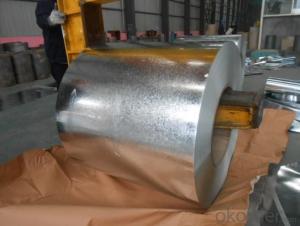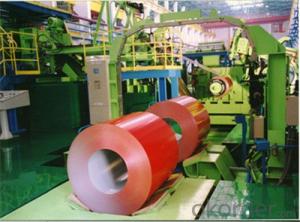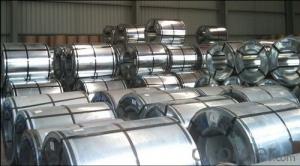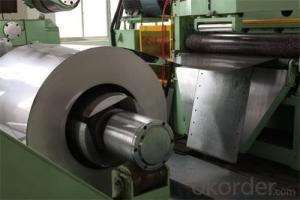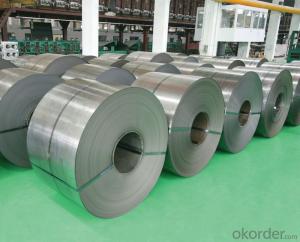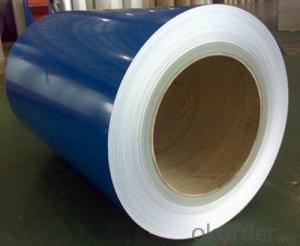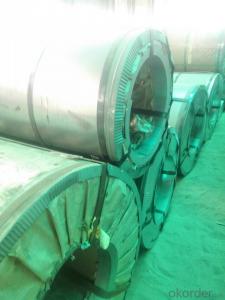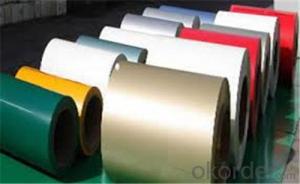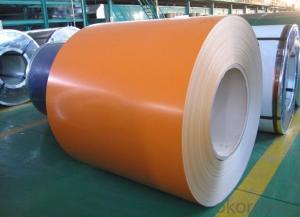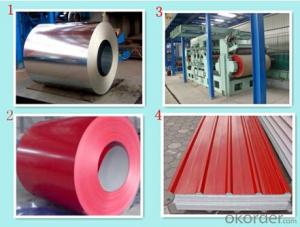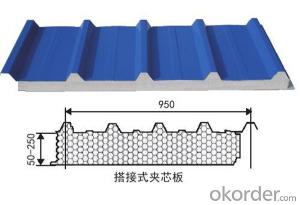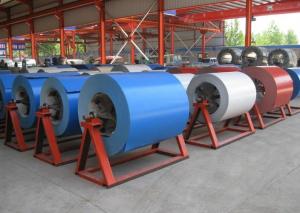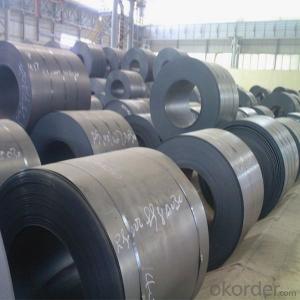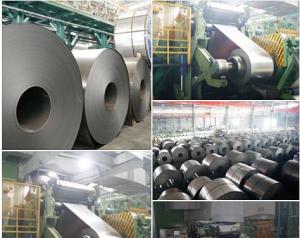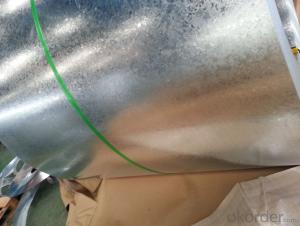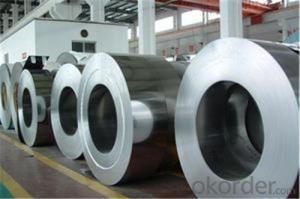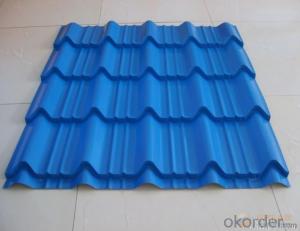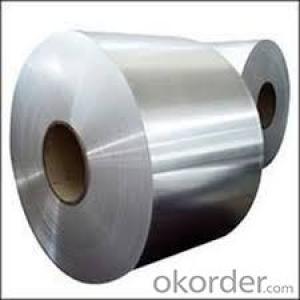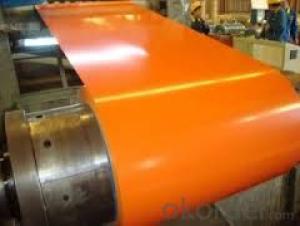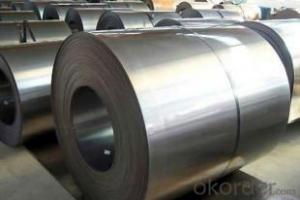All Categories
- - Steel Wire Rod
- - Steel Coils
- - Steel Profiles
- - Steel Pipes
- - Stainless Steel
- - Tinplate
- - Special Steel
- - Steel Sheets
- - Steel Rebars
- - Steel Strips
- - Hot Rolled Steel
- - Cold Rolled Steel
- - Pre-painted Steel
- - Seamless Steel Pipe
- - Welded Steel Pipe
- - Hollow Steel Tubes
- - Galvanized Pipe
- - Stainless Steel Coil
- - Stainless Steel Sheet
- - Stainless Steel Plate
- - Stainless Steel Strips
- - Electrolytic Tinplate Coil
- - Electrolytic Tinplate Sheet
- - Stainless Steel Rebars
- - Solar Panels
- - Solar Water Heater
- - Solar Related Products
- - Solar Inverter
- - Solar Cells
- - Solar Light
- - Solar Energy Systems
- - Solar Controllers
- - Solar Mounting System
- - Solar Pump
- - Solar Chargers
- - Fiberglass Chopped Strand
- - Fiberglass Mesh Cloth
- - Composite Pipes
- - FRP Pultrusion Profiles
- - Fiberglass Mat Tissue
- - Fiberglass Fabrics
- - Fiberglass Mesh
- - Composite Tank
- - Fiberglass Mesh tape
- - Polymer
- - FRP Roofing Panel
- - Fiberglass Roving
- - Monolithic Refractories
- - Ceramic Fiber Products
- - Refractory Bricks
- - Raw Materials For Refractory
- - Suspended Platform
- - Cranes
- - Concrete Machinery
- - Earthmoving Machinery
- - Building Hoist
- - Road Building Machinery
- - Plastic Pipe Fittings
- - Plastic Tubes
- - Plastic Sheets
- - Agricultural Plastic Products
- - Plastic Nets
 All Categories
All Categories
Q & A
What safety precautions should be followed when handling and transporting steel coils?
When handling and transporting steel coils, several safety precautions should be followed. First and foremost, workers should wear appropriate personal protective equipment (PPE) such as safety gloves, steel-toed boots, and safety glasses to protect themselves from potential injuries. It is important to ensure that the equipment used for handling and transporting steel coils, like cranes or forklifts, are properly maintained and inspected regularly to avoid any accidents or malfunctions. Additionally, proper training should be provided to workers involved in the process to ensure they are aware of the correct handling techniques and safety procedures. Securely fastening the steel coils during transportation using appropriate restraints, such as chains or straps, is crucial to prevent them from shifting or falling. Lastly, clear communication and coordination among workers involved in the process is essential to ensure a safe and efficient handling and transportation of steel coils.
How are steel coils tested for their response to extreme temperatures and thermal expansion?
Steel coils are tested for their response to extreme temperatures and thermal expansion through a series of rigorous tests. These tests typically involve subjecting the coils to varying temperature ranges, from extremely low to high, and measuring their dimensional changes and mechanical properties. The coils are carefully monitored for any signs of deformation, cracking, or failure under these extreme conditions. This testing process helps ensure that the steel coils can withstand and perform reliably in environments with significant temperature fluctuations and thermal expansion.
What are the standards for coil width tolerance and consistency?
The standards for coil width tolerance and consistency vary depending on the specific industry and application. However, in general, coil width tolerances are typically specified in terms of a percentage or an absolute measurement. For example, a common tolerance might be ± 0.005 inches or ± 0.1% of the nominal width. Consistency, on the other hand, refers to the uniformity of coil width throughout its length and is often measured and reported as a deviation from the average width. These standards are important to ensure that coils meet the required specifications and can be effectively used in various manufacturing processes.
Wholesale Steel Coils from supplier in Grenada
Whether you are in need of Steel Coils for construction, manufacturing, or any other industry, we can provide you with the right solutions. Our team of experts is available to assist you throughout the procurement process, from providing product information to offering technical support.
We understand the importance of timely delivery and competitive pricing, which is why we strive to provide efficient and cost-effective solutions for all your Steel Coils requirements. Our strong network and partnerships with leading manufacturers ensure that we can offer competitive prices without compromising on quality.
In addition to our product range, we also offer sales assistance and quotations to help you make informed decisions. Our team will work closely with you to understand your specific needs and provide tailored solutions that meet your requirements.
As a subsidiary of CNBM, a Fortune Global 500 company, we have access to extensive resources and industry expertise. This allows us to stay updated with the latest trends and technologies in the Steel Coils industry, ensuring that we can offer you the most suitable solutions for your projects.
Whether you are a small business or a large corporation, we are committed to providing excellent customer service and exceeding your expectations. Contact us today to discuss your Steel Coils needs in Grenada and let us help you find the best solutions for your projects.
We understand the importance of timely delivery and competitive pricing, which is why we strive to provide efficient and cost-effective solutions for all your Steel Coils requirements. Our strong network and partnerships with leading manufacturers ensure that we can offer competitive prices without compromising on quality.
In addition to our product range, we also offer sales assistance and quotations to help you make informed decisions. Our team will work closely with you to understand your specific needs and provide tailored solutions that meet your requirements.
As a subsidiary of CNBM, a Fortune Global 500 company, we have access to extensive resources and industry expertise. This allows us to stay updated with the latest trends and technologies in the Steel Coils industry, ensuring that we can offer you the most suitable solutions for your projects.
Whether you are a small business or a large corporation, we are committed to providing excellent customer service and exceeding your expectations. Contact us today to discuss your Steel Coils needs in Grenada and let us help you find the best solutions for your projects.
